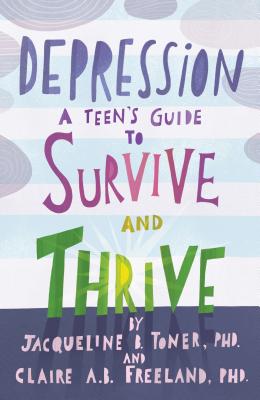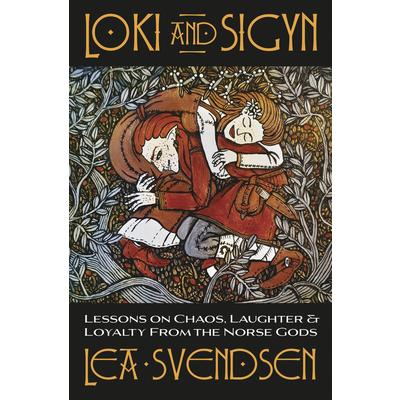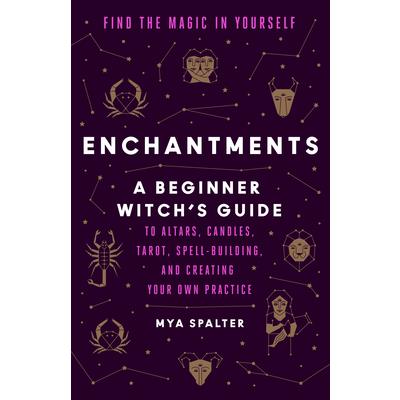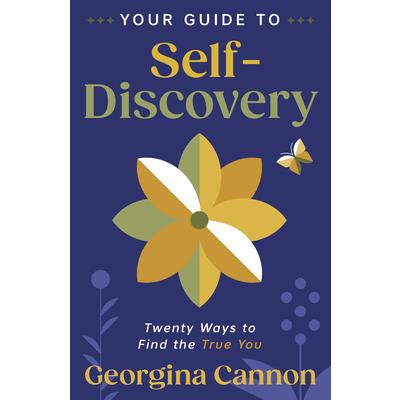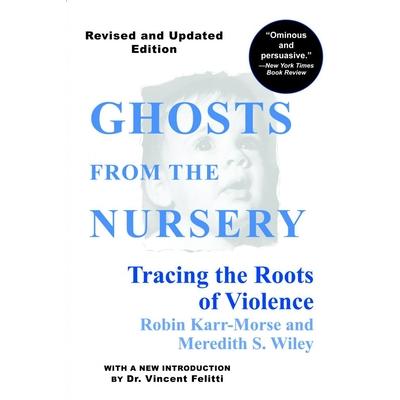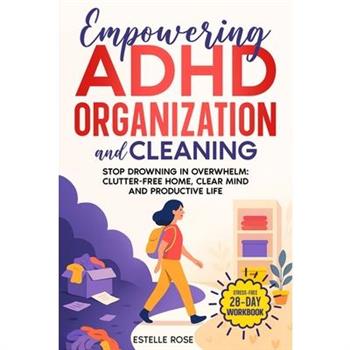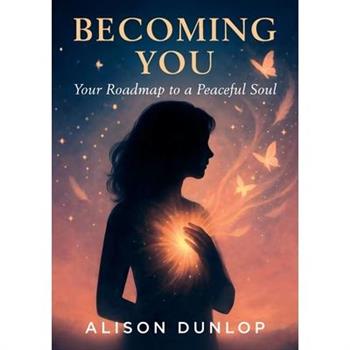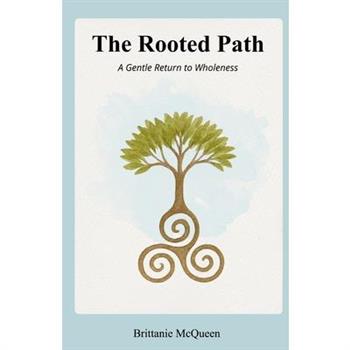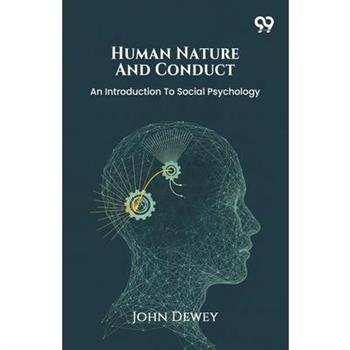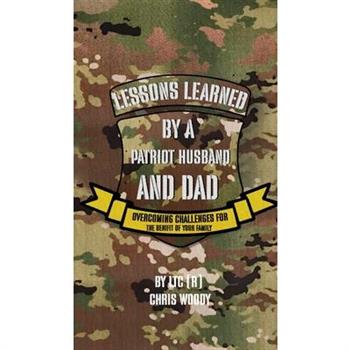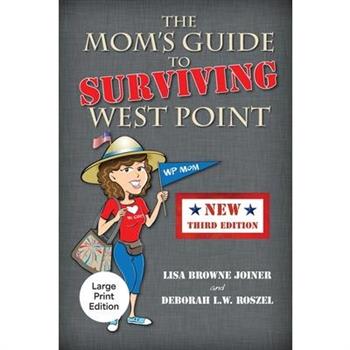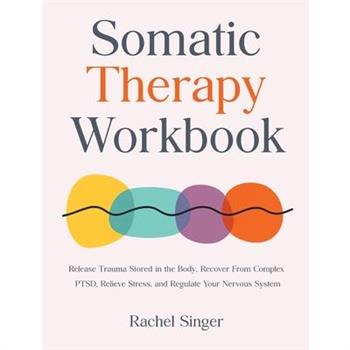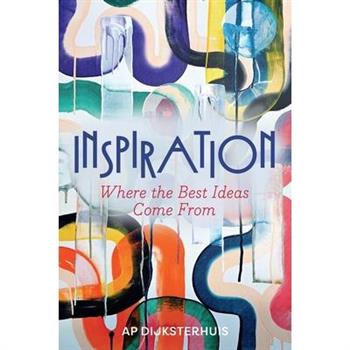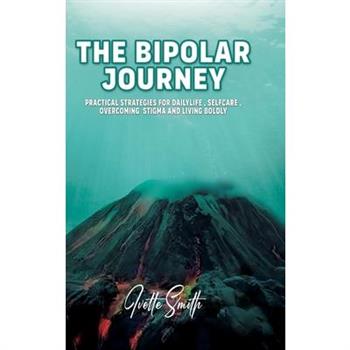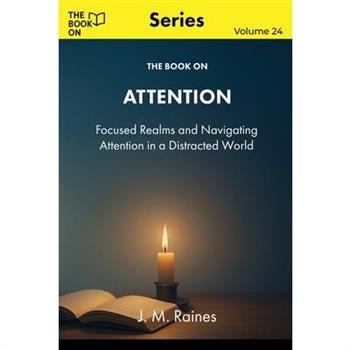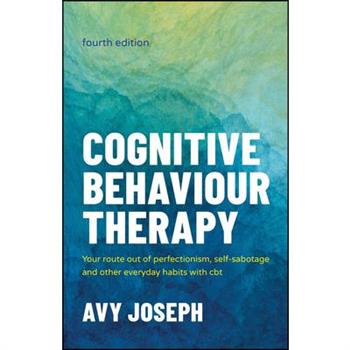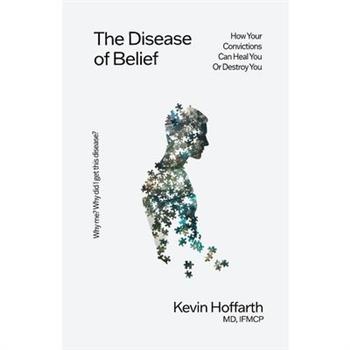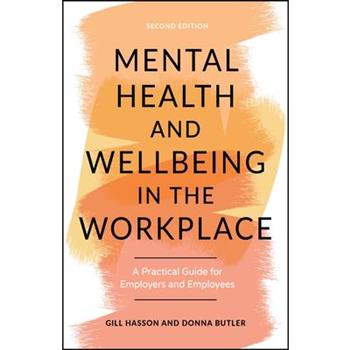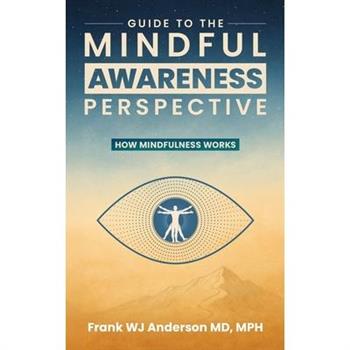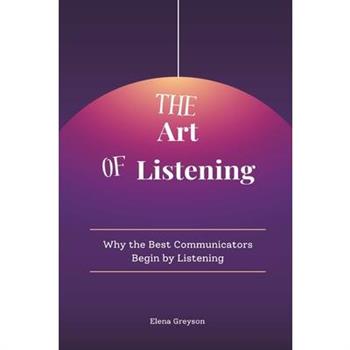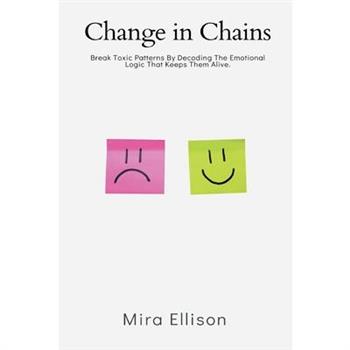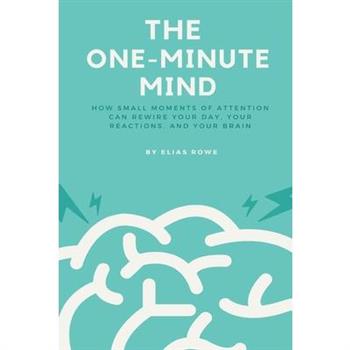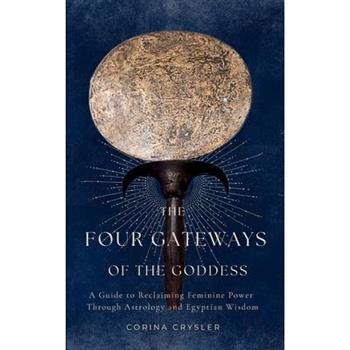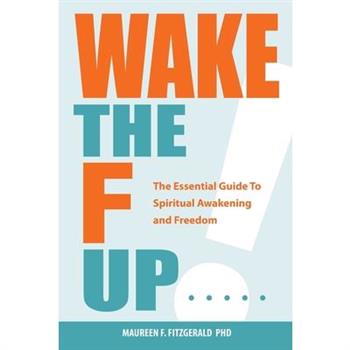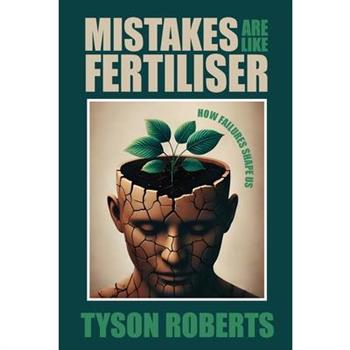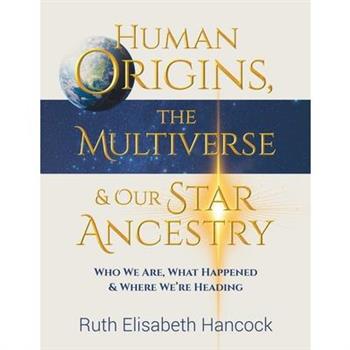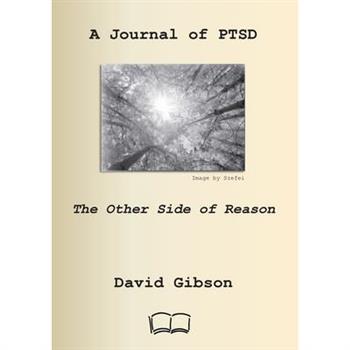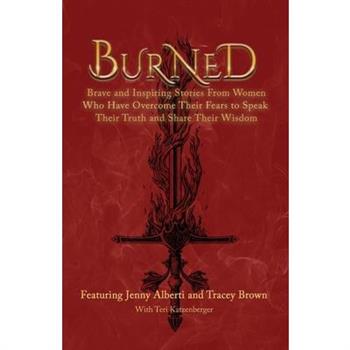Before You Do Magic
Countless books teach you the mechanics of magic, but very few teach how to develop your occult mental abilities so that you can perform magic effectively. Before you perform spells and rituals, you need to develop your mind's muscles. Without mental preparation, you'll just go through the motions without any results. Everyone, regardless of experience or traditions, can learn from these exercises and gain the mental focus to make your magic much more effective. Donald Tyson provides twelve chapters that each cover a different topic or type of occult skill--such as concentration, meditation, scrying, astral travel, and aura manipulation--and why it is necessary for better magic. Within each chapter, you'll find ten exercises to help develop the corresponding topic or skill. Magic comes from the self, and you need to work on yourself before you can cast spells that work. This book has everything you need to do serious magic.
Your Intuitive Nudge
Make the most of your natural gifts with Eboni Banks's guide to recognizing, trusting, and using your intuition in everyday life. Everyone has intuition--but using it takes an open mind and expanded awareness. This practical book will help you access intuitive guidance and use it without letting biases or preconceptions cloud your decisions. Eboni Banks teaches you how to set neutral intentions so that your intuitive nudges will come through loud and clear. Journal prompts and simple exercises guide you through ways to practice and fine-tune your relationship to your intuition and how it communicates with you. Find out how to focus on the energy of each chakra and use it to enhance your intuition. Ultimately, your new perspectives will help you achieve more in every facet of your life.
The Mom's Guide to Surviving West Point
Inspiration
Inspiration propels us. It's the basis of every accomplishment. But the idea that it simply falls into your lap is a myth. Inspiration doesn't come to us in a gust of wind, only to disappear into the mist again. You make it happen; it's a reward for work that you've already done. The combination of perspiration and inspiration takes you to where you want to go.In this ode to what is perhaps the brain's greatest achievement, Ap Dijksterhuis explains, with a storyteller's verve, what inspiration is, why we have it, how it works and how to get it. Drawing upon on the most up-to-date research in neuroscience and psychology, he shows how inspiration stands in relation to creativity, motivation, curiosity and the overall functioning of the brain.Ultimately, inspiration is not a privilege granted to a talented few: everyone who chooses inspiration will benefit from it. Including you.
The Law of One Contemplation Deck
Overflowing with profound insight, The Law of One has been a bestselling worldwide phenomenon among spiritual seekers for decades. The Law of One details an extensive series of communications trance channeled through three dedicated spiritual seekers of truth, transmitted by an extraordinary contact with a group of extraterrestrial beings that identified themselves as Ra. The Law of One Contemplation Deck invites the wisdom of the Ra collective into your own journey. Each of the 40 cards includes a carefully selected quote from The Law of One, reflecting various aspects of the teachings, and focusing on the nature of love, unity, healing, and service to others. Ra's teachings have been transforming readers' lives for decades with profound insights into the nature of reality, consciousness, and spiritual evolution. The Law of One Contemplation Deck invites seekers to interact with these timeless teachings in a new way, offering opportunities to reflect on Ra's words and how they can be applied to our everyday lives. Includes introduction from the scribe of the original Law of One, Jim McCarty.











